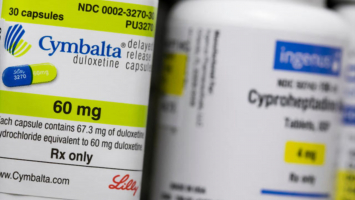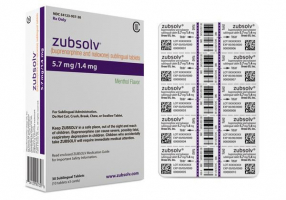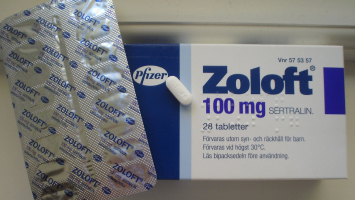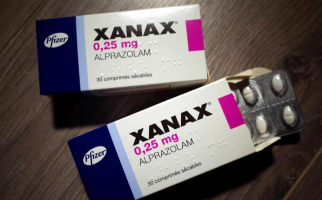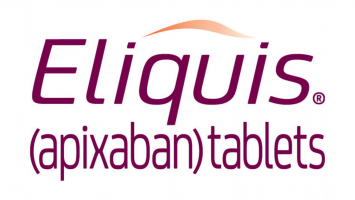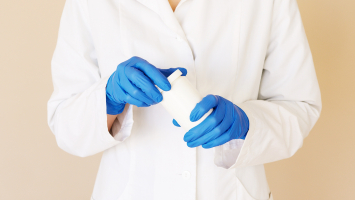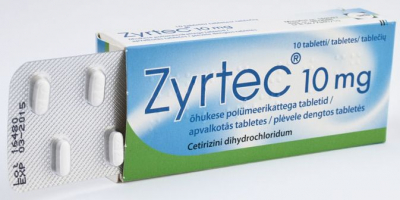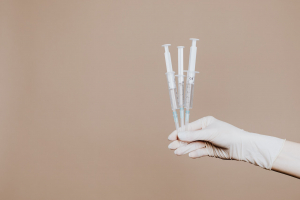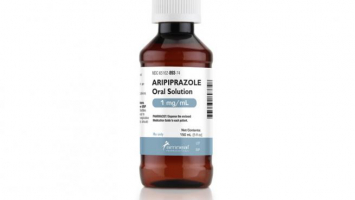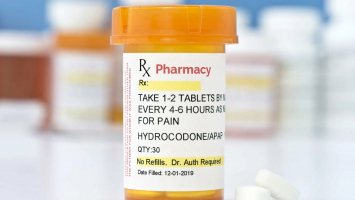Top 6 Things to Know About Hydrochlorothiazide
Hydrochlorothiazide is a water pill that helps to lower blood pressure and ease swelling from fluid (edema) caused by many health conditions, such as heart ... read more...failure and kidney problems. It works by increasing your urine production. This aids your body's elimination of excess salt and water. This can help with symptoms like shortness of breath and swelling in your ankles or feet. The following article contains essential information about this drug. Keep on reading to have a better understanding of Hydrochlorothiazide.
-
Take this medication by mouth, usually once a day in the morning with or without food, as directed by your doctor. If you take this medication too close to bedtime, you may need to get out of bed to urinate. This medication should be taken at least 4 hours before going to bed.
The dosage is determined by your medical condition as well as your response to treatment.
To get the most out of this medication, take it on a regular basis. Take it at the same time every day to help you remember. Even if you feel fine, keep taking this medication. The majority of people with high blood pressure do not feel ill.
Take hydrochlorothiazide at least 4 hours before or at least 4 to 6 hours after taking any bile acid-binding resins (such as colestipol or cholestyramine) if you also take certain medications to lower your cholesterol.
If your condition does not improve or if it worsens, let your doctor know (for example, your blood pressure readings remain high or increase).

Good Neighbor Pharmacy 
Healthline -
Your body may experience an upset stomach, lightheadedness, or headache as it adjusts to the medication. Inform your doctor or pharmacist as soon as possible if any of these side effects persist or get worse.
When getting out of a sitting or lying position, take it slowly to lessen the chance of feeling lightheaded and dizzy.
Keep in mind that your doctor has prescribed this medication because they believe it will benefit you more than it will harm you. Many users of this medication report no significant side effects.
If you experience any severe side effects, such as decreased vision or eye pain, call your doctor right away.
Dehydration and electrolyte imbalance may occur as a result of this medication. Notify your doctor immediately if you experience any of the following symptoms of dehydration or electrolyte imbalance: extreme thirst, very dry mouth, muscle cramps/weakness, slow/fast/irregular heartbeat, confusion, or decreased urination.
This drug rarely causes severe allergic reactions. However, seek medical attention immediately if you notice any of the following symptoms of a severe allergic reaction: rash, itching/swelling (especially of the face/tongue/throat), severe dizziness, or difficulty breathing.
This is not an exhaustive list of potential side effects. Contact your doctor or pharmacist if you notice any other side effects not listed above.
In the United States, contact your doctor for medical advice about side effects. You can report side effects to the FDA by calling 1-800-FDA-1088 or visiting www.fda.gov/medwatch.In Canada, contact your doctor if you are experiencing side effects. You can contact Health Canada at 1-866-234-2345 to report side effects.
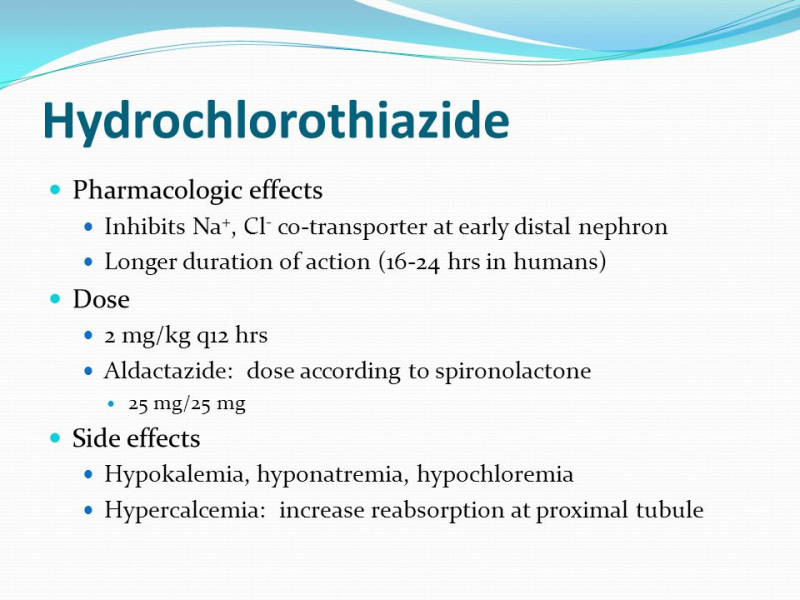
slideplayer.com 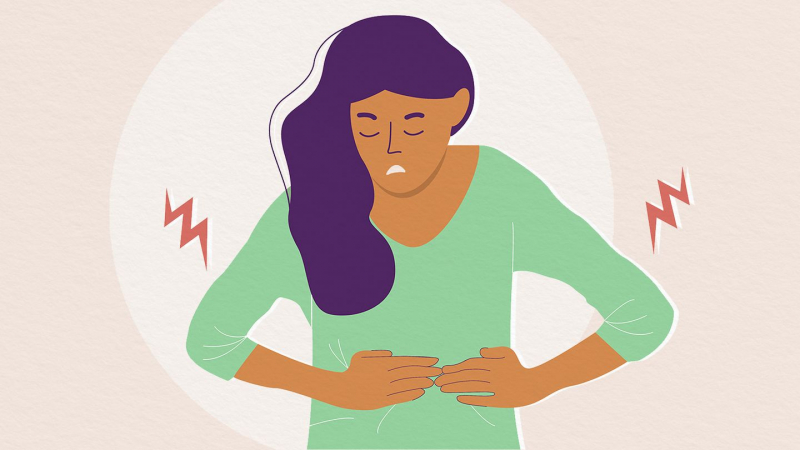
Everyday Health -
Tell your doctor or pharmacist if you are allergic to hydrochlorothiazide or if you have any other allergies. This product may contain inactive ingredients (such as sulfites, which can cause allergic reactions or other problems in some brands). For more information, consult your pharmacist.
Tell your doctor or pharmacist about your medical history, especially if you have diabetes, gout, kidney disease, liver disease, lupus, or skin cancer.
This medication may cause dizziness. You may become dizzy if you consume alcohol or marijuana (cannabis). Do not drive, operate machinery, or do anything else that requires alertness until you are sure you can do it safely. Limit your intake of alcoholic beverages. If you are using marijuana, consult with your doctor (cannabis).
Dehydration is more likely to occur in cases of excessive sweating, diarrhea, or vomiting. Tell your doctor if you experience frequent vomiting or diarrhea. Drink plenty of fluids to avoid dehydration unless your doctor instructs you otherwise.
Hydrochlorothiazide may have an impact on your blood sugar if you have diabetes. Follow your doctor's instructions and check your blood sugar frequently. Your diabetes medication, exercise routine, or diet may need to be changed by your doctor.
Your potassium levels may drop if you take this medication. Consult your doctor before consuming foods high in potassium, such as bananas and orange juice, or before using a potassium-containing salt substitute. Your doctor might advise taking a potassium supplement.
You might become more sun-sensitive as a result of this medication. If you take it for a prolonged period of time, it may also raise your risk of developing skin cancer. Keep sun exposure to a minimum. Avoid using sunlamps and tanning booths. When outdoors, wear protective clothing and sunscreen. If you experience sunburn, blisters or redness on your skin, or if any moles or skin lesions appear new or have changed, call your doctor right away.
Inform your surgeon or dentist of all the products you use prior to surgery (including prescription drugs, nonprescription drugs, and herbal products).
Older people may be more sensitive to the effects of this medication, particularly dizziness.
This medication should be used only when clearly necessary during pregnancy. Consult your doctor about the risks and benefits.
Although this medication passes into breast milk, it is unlikely to harm a nursing infant. Before you start breast-feeding, talk to your doctor.
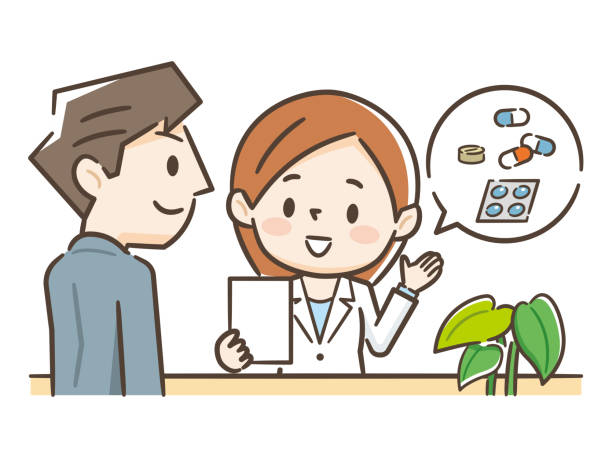
iStock 
Harvard Health -
Drug interactions can alter the way your medications work or put you at risk for serious side effects. This document does not include every possible drug interaction. Maintain a list of all the products you use (including prescription and nonprescription drugs, as well as herbal supplements) and share it with your doctor and pharmacist. Do not start, stop, or change the dosage of any medications without first consulting your doctor.
Some products that may interact with this drug include: dofetilide, lithium.
Some products contain ingredients that may cause your blood pressure to rise or your swelling to worsen. Tell your pharmacist about the products you're using and how to use them safely (especially cough and cold remedies, diet supplements, or NSAIDs like ibuprofen/naproxen).
This medication may skew the results of some lab tests (like those assessing parathyroid function). Make sure all of your doctors and lab staff are aware that you use this medication.
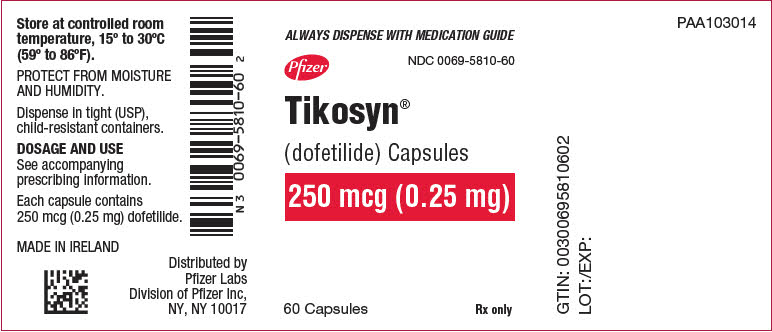
Pfizer Medical Information 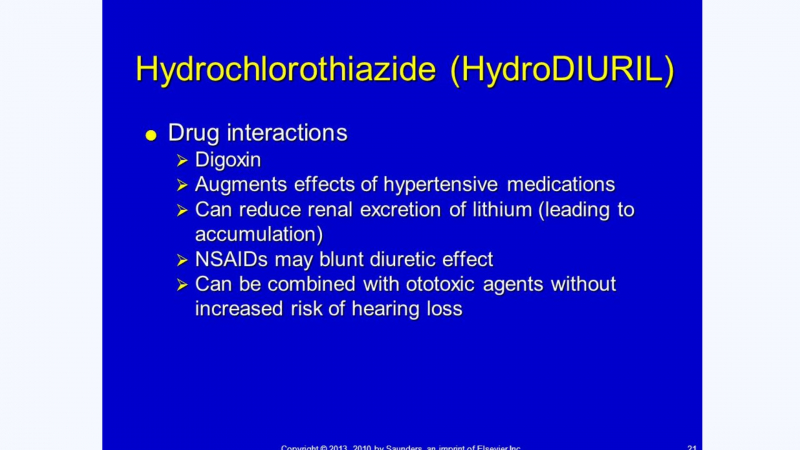
SlidePlayer -
Call 911 if someone has overdosed and is exhibiting serious symptoms like passing out or difficulty breathing. If not, immediately dial a poison control hotline. Call 1-800-222-1222 to reach your local poison control center if you're a US citizen.
Residents of Canada can dial a regional poison control center. Overdose signs and symptoms can include extreme drowsiness, weakness, and fainting.
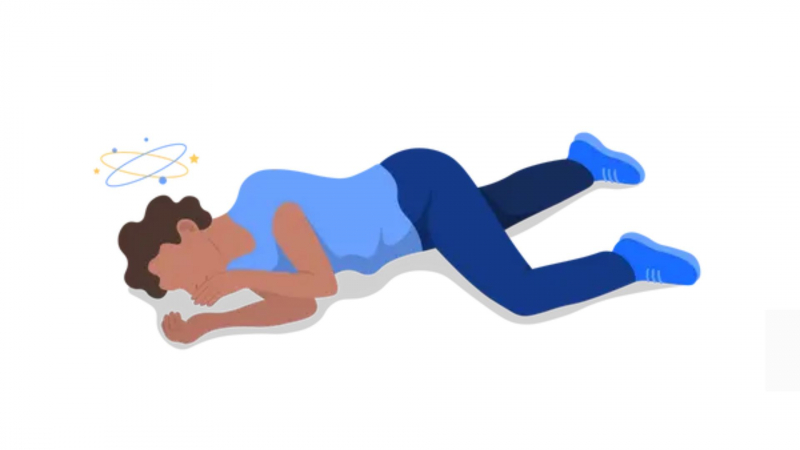
Buoy Health 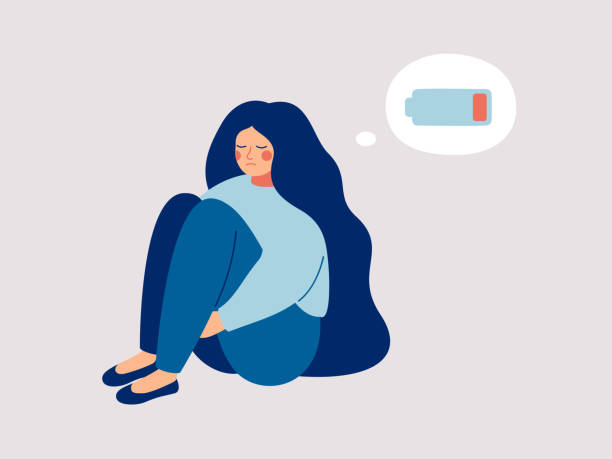
iStock -
Missed Dose
If you forget to take a dose, take it as soon as you remember. If the next dose is approaching, skip the missed dose. Take your next dose at your usual time. Do not double the dose to catch up.
Storage
Store away from light and moisture at room temperature. Keep out of the bathroom. Keep all medications out of the reach of children and pets.
Unless otherwise directed, do not flush medications or pour them down the drain. When this product has expired or is no longer needed, properly dispose of it. Consult your pharmacist or a waste disposal company in your area.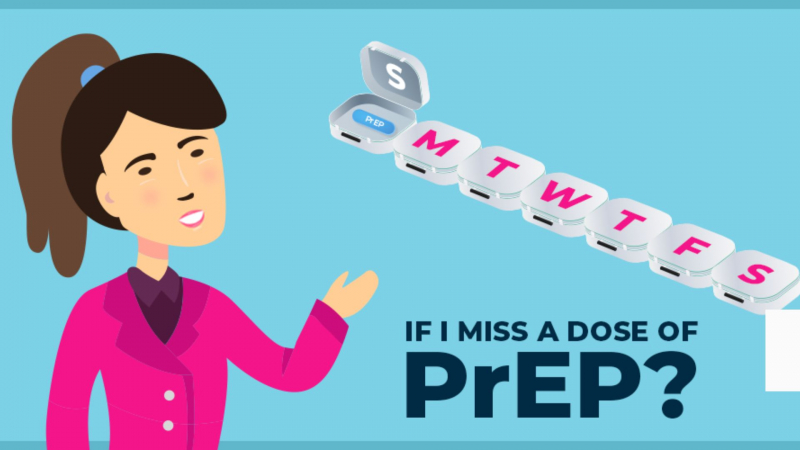
PrEP Daily 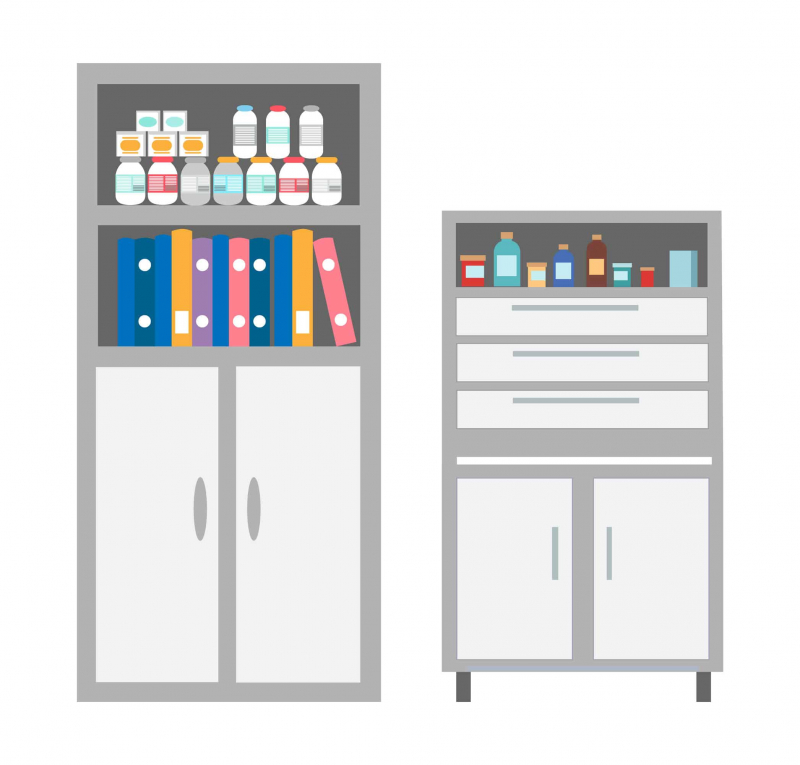
Prescription Hope











